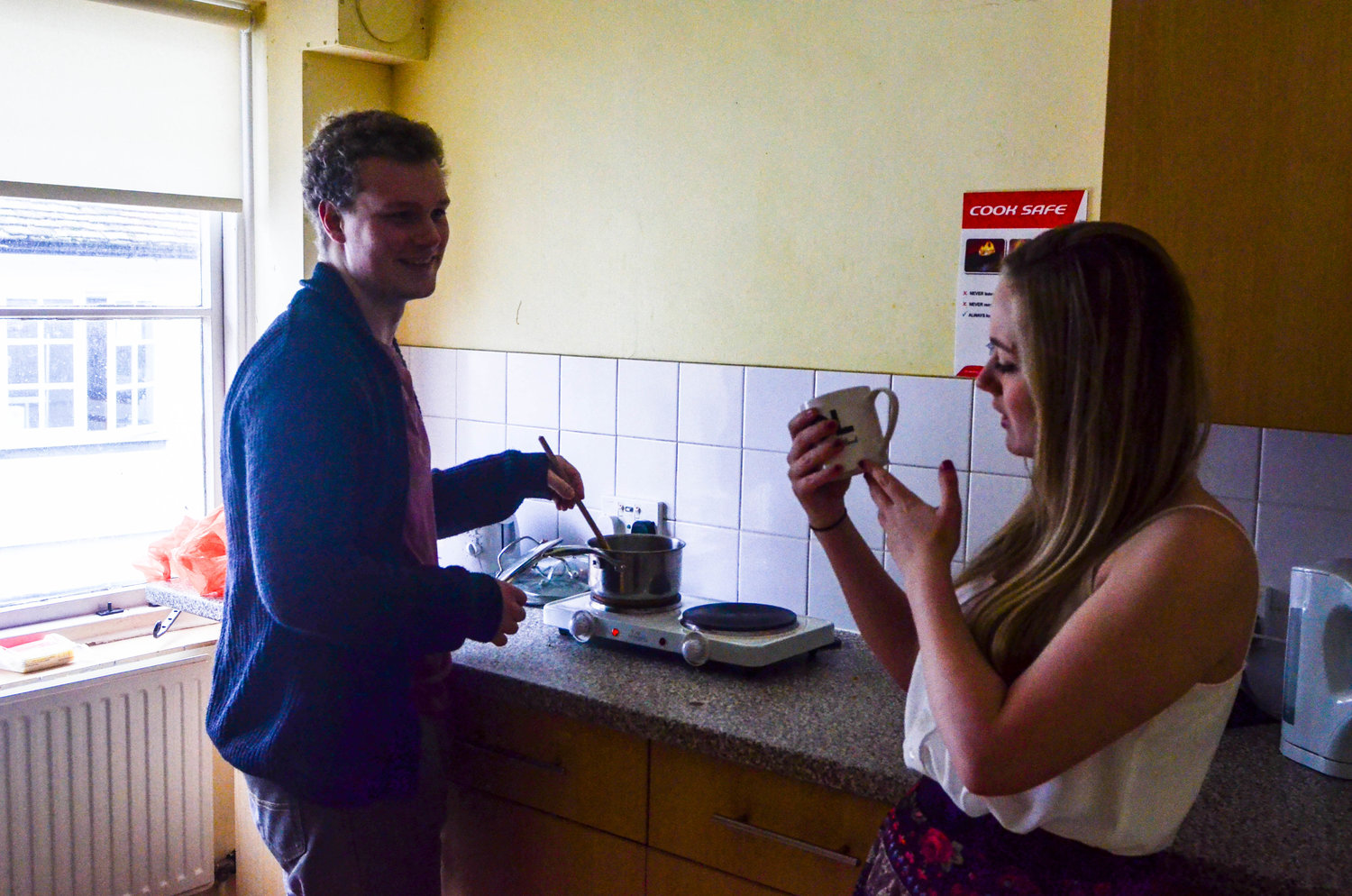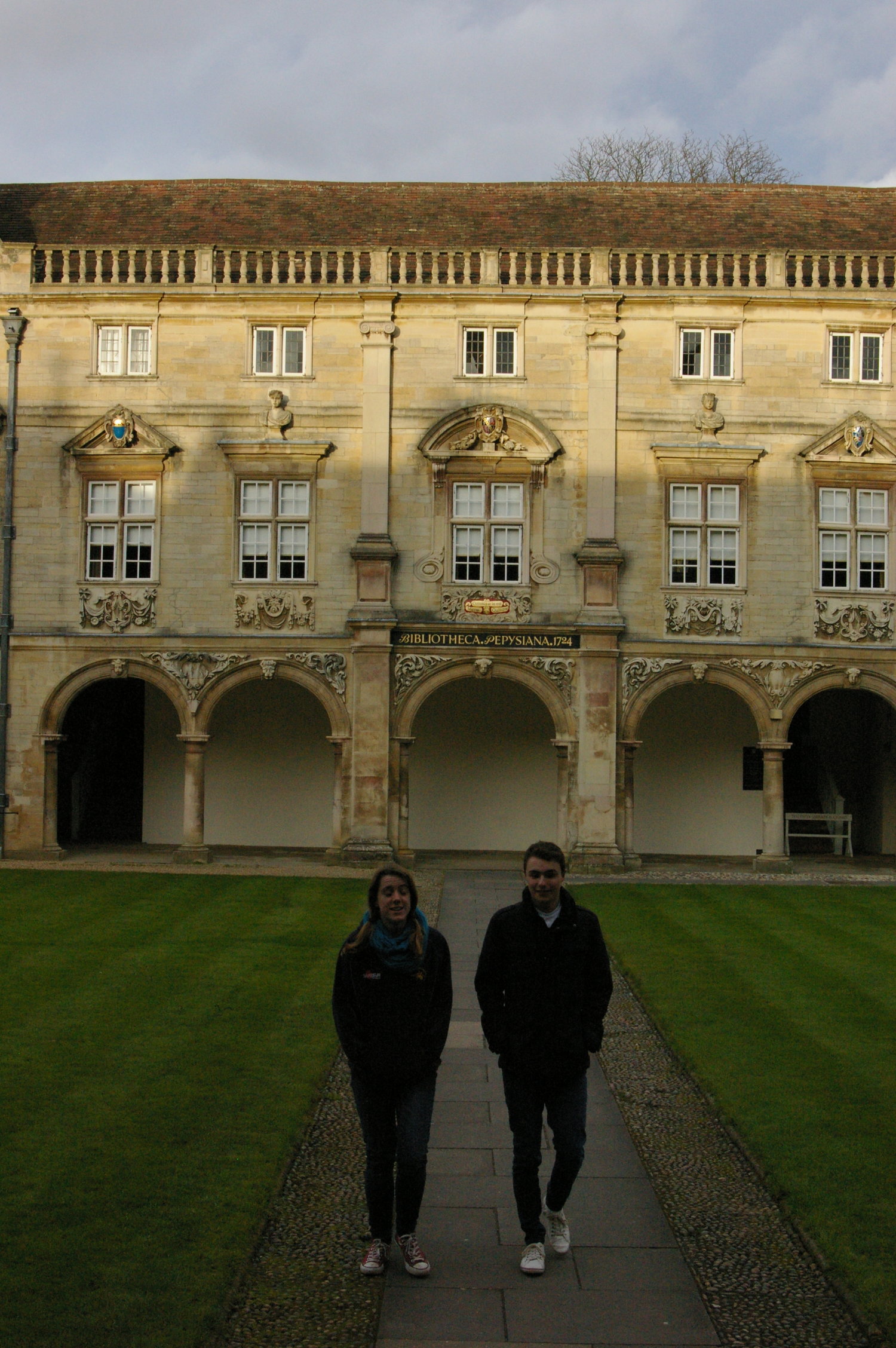This is the perfect place to start if you want to reduce your carbon footprint and benefit the environment. As students there are some things which are beyond our control, but the following tips are really easy to do without much hassle. Using less energy and water will reduce the college’s bills and this will ultimately mean we will save money too.
Reduce
Buy food with less packaging, plastic wrapping is difficult to recycle and hard to reuse so buy things like fruit individually. Avoid junk mail by using www.mpsonline.org.uk. When you register to vote, remember to tick the box which excludes your name and address for the Edited Electoral Register, as any company is legally entitled to purchase the Edited Register to use for direct mailing.
REUSE
Keep your plastic bags and fruit bags and take them to the shops next time you go. You can use scrap paper, envelopes and jiffy bags again and it saves money. Shop in charity shops and buy presents from stores that sell recycled crafts or be creative and make them.
RECYCLE
Paper, plastic bottles, glass, metal cans, ink cartridges, batteries, mobile phones, spectacles and lids can all be recycled in college - see the recycling page for more information. Don’t throw anything away - take books, clothes and bits and bobs to charity shops.
More Ideas
Close your doors – leaving them open allows heat to escape into the corridor or outside
Draw your curtains – leaving them open once it gets dark allows heat to escape through the window
Close your windows – if you are warm turn your heaters off before you open your window
Turn radiators off or down – only turn them back on again once you get cold, or turn them down by one degree - this saves 10% of your energy usage!
Put on a jumper – if you are cold do this and wait a while before putting the heating on
Buy a draught excluder - you can get them for a few pounds and they stop cold air getting in under your door
Turn off your lights – whenever you leave a room or a corridor
Turn off plug sockets – anything that is plugged in uses energy even if the appliance itself is turned off, particularly chargers
Turn off laptops - always put it in sleep mode when you are away from it and always turn if off if you are not using it for long periods of time. A monitor left on overnight uses enough energy to heat 6 microwavable dinners!
Wash a full load of clothes - don’t just wash one or two items as the same amount of energy is still being used
Use washing powder alternatives - such as the Ecoball which does not contain chemicals and can be re-used many times
Don’t use a tumble dryer – air-drying your clothes makes them smell and feel better and saves energy, if you do have to tumble dry make sure you clean out the lint for a more efficient cycle
Don’t drive – walk or cycle, it’s healthier and better for the environment, also take trains instead of flying as they generally have a lower carbon footprint
Don’t shop online – it uses more energy to transport from a warehouse than for you to go to your local town
Print on both sides of the paper – saves money and trees, also keep paper printed on one side to use as scrap paper
Don’t drink bottled water - plan ahead and take some with you, or buy a Brita filter if you don’t like the taste of tap water, as bottled water has a large carbon footprint
Ask for a glass not a plastic cup – tastes and feels better and does not produce any waste as the glass will be washed up and not chucked away
Put your chewing gum in the bin – keeps the streets clean
Don’t overfill the kettle – if you only need one cup only fill it for one cup, it’s quicker and saves energy
Warm things at a low temperature - it is much more efficient, once things are boiling, turn the heat down
Use a lid when cooking - saves time and energy
Have a shower not a bath - this could save one third of the water of having a bath
Turn your taps off - don’t leave them running when you brush your teeth and get maintenance to fix them if they are leaking
Volunteer - Spend a few days of your holiday volunteering for a Wildlife Trust or the the British Trust for Conservation Volunteers, you can help to maintain wildlife reserves and get into the outdoors. You could also go on an environmental volunteering project abroad.
College Initiatives

The college uses energy savings bulbs and these can be found all over college. Any normal bulb that breaks will be replaced with an energy saving one until the whole of college uses them. There are hard plastic cups in Ramsay that can be used for water on the tables and are washed and re-used, and as part of the Bring-A-Mug scheme you can bring a mug to Ramsay and place it on the trolley to use for hot drinks and water. If you leave it with the other glasses it will then be washed and placed back on the trolley for you to use again. The washing machines are energy efficient, and all new appliances are as energy efficient as possible. Recycled paper is bought by the college.
In the gardens biological control is used instead of chemical pesticides. We have a parasitic warp (Encarsia) that lays its eggs inside whiteflies to control their numbers. We use nematodes to infect slugs and vine weevils and lacewings to eat aphids. Outside we compost as much as possible so that it can be returned to the soil, and where fertilizers have been used, the preferred choice is organic based on poultry litter. The one area where we still need to use chemicals is for the control of weeds on paths and hard surfaces. There are tit, robin and blackbird boxes in the Fellow’s garden and bird feeders around college. There is a webcam on the college intranets homepage that look onto the bird feeders behind the Lutyens building.
College Enviromental Policy

Magdalene College places great importance on the environment and aims to manage its activities, buildings and estate in a manner that promotes environmental sustainability, conserves and enhances natural resources and prevents environmental pollution. It will strive to deliver a continual improvement in its environmental performance. Magdalene College will comply fully with environmental legislation and officially approved codes of practice, and will make continued efforts to:
- Promote sound environmental management policies and practices in all areas of its activities
- Increase awareness of environmental responsibilities amongst staff and students
- Implement policies and procedures that contribute to a reduction in the carbon footprint of the College
- Minimise waste and pollution, and operate effective waste management procedures
- Reduce the consumption of fossil fuels
- Reduce water consumption
- Promote a purchasing policy which will give preference, as far as practicable, to those products and services which cause the least harm to the environment
- Ensure future construction within the College is environmentally friendly, sustainable and energy efficient
- Avoid use, wherever possible, of environmentally damaging substances, materials, and processes
- Maintain our grounds and buildings in an environmentally sensitive way
- Encourage modes of transport by staff and students which minimise the environmental impact.
Climate Change Charter
This is a voluntary pledge taken by an organisation that outlines a broad statement of commitment towards reducing greenhouse gas emissions. Magdalene is one of only 6 colleges that has signed the charter and has to provide a report every year on how we are implementing this in college. This means that we:
- Will calculate our carbon footprint and aim to reduce this
- Will assess how climate change will affect us
- Will work with others to help mitigate the effects of climate change and encourage others to sign the Charter
- Will create a position of responsibility for this within the college staff